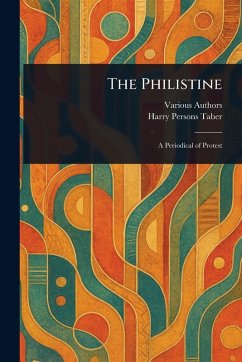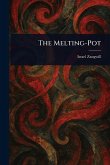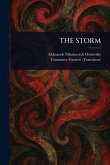"The Philistine: a periodical of protest, Vol. 1, No. 5, October 1895" offers a fascinating glimpse into a bygone era of social criticism. This collection of essays, originally published as part of a periodical, provides sharp commentary on the "Society of the Philistines" and the broader societal norms of the time. Delve into the social history and explore the perspectives of various voices protesting against the prevailing attitudes and cultural landscape. This volume, a meticulously prepared print republication, preserves the authentic voice of dissent and provides valuable insights into the social and intellectual currents of the late 19th century. Discover essays that challenge conventional thinking and offer a unique perspective on the human condition. This historical text is a must-read for anyone interested in literary collections and the history of social thought. This work has been selected by scholars as being culturally important, and is part of the knowledge base of civilization as we know it. This work is in the public domain in the United States of America, and possibly other nations. Within the United States, you may freely copy and distribute this work, as no entity (individual or corporate) has a copyright on the body of the work. Scholars believe, and we concur, that this work is important enough to be preserved, reproduced, and made generally available to the public. We appreciate your support of the preservation process, and thank you for being an important part of keeping this knowledge alive and relevant.
Bitte wählen Sie Ihr Anliegen aus.
Rechnungen
Retourenschein anfordern
Bestellstatus
Storno









